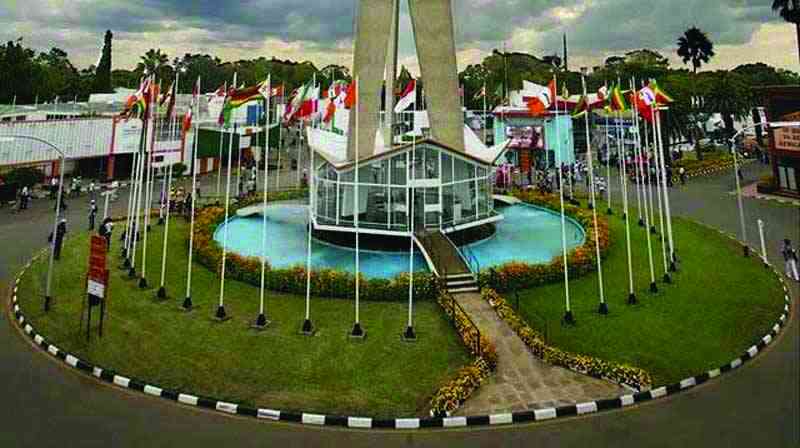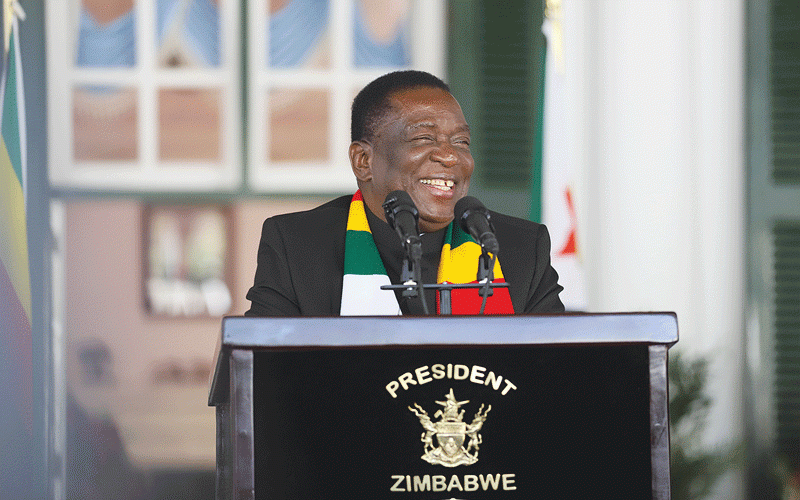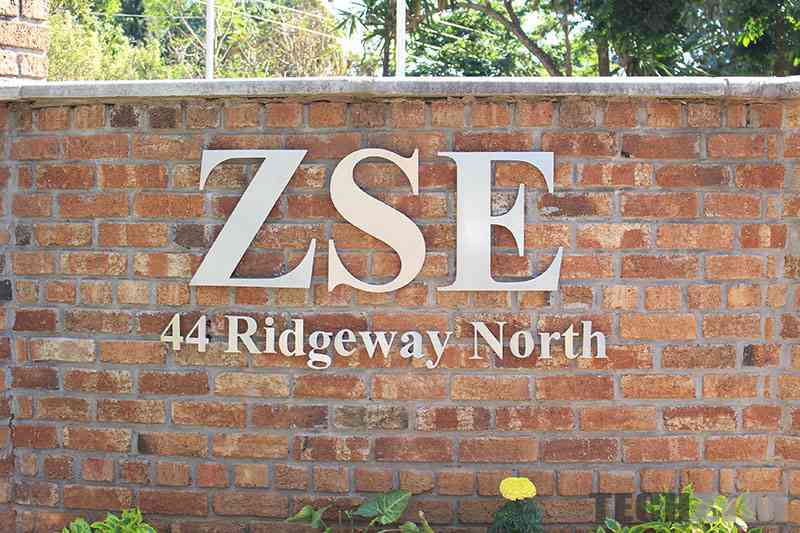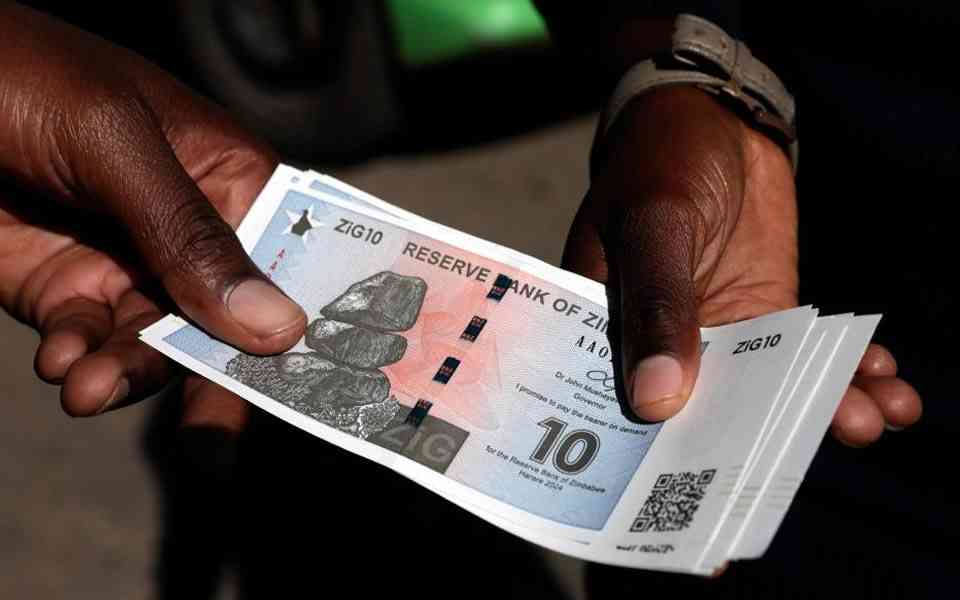
RUNNING under the theme Innovation: The Catalyst for Industrialisation and Trade, the 64th edition of the Zimbabwe International Trade Fair (ZITF) was a bag of mixed things. The fair managed to attract 624 exhibitors, against 565 recorded last year.
It saw 26 countries participating, including the United States, China, Germany, Belarus, Russia and the United Kingdom. That is a plus. A number of events, including the International Business Conference (IBC), Connect Africa Symposium, ZITF Innovators Forum and ZITF Diplomats Forum, facilitated business interactions, networking, exploration of trade opportunities for economic rejuvenation. They were also important platforms for attracting investments and fostering innovation. Organisers should also be commended for releasing details of their vision for the Zimbabwe International Exhibition Centre. It seeks to transform the precinct into a dynamic mixed-use development on the prime 17-acres of real estate located close to Bulawayo Central Business District.
The visionary masterplan is a long-term plan that will develop the ZITF grounds by introducing modern world-class amenities to the City of Bulawayo. The new and envisaged precinct will feature a new international convention centre to accommodate up to 5 000 delegates, a new 500 room hotel linked to the convention centre and a five -star boutique hotel with facilities to host travelling heads of states and other important persons. It will also consist of a modern retail shopping centre to provide daily convenience as well as offering a diverse range of retail, dining, and entertainment options for visitors and residents alike. If this comes to fruition, it will be a game changer.
Even though the show, according to Industry and Commerce minister Nqobizitha Mangaliso Ndhlovu improved in terms of exhibiting quality products, attendance numbers and nation-building discussions, exhibitors say there was still need for improvement.
Parastatals, for example, despite their struggles, dominated the exhibition compared to manufacturers, as they had in previous years.
There were few big international companies in attendance.
A number of foreign countries were represented by their embassies, and not by private companies. There is a general feeling that the exhibition is becoming more of an annual ritual rather than a trading fair. It has become too monotonous. The organisers need to break the monotony and introduce exciting things. For instance, they can introduce night exhibitions or networking platforms between chief executive officers or marketers. Changing themes is not enough.
A number of exhibitors, especially those with pavilions, complained of high charges. Organisers charged US$10 000 on top of US$25 per day for parking. This was a bit steep. It goes without saying that effective time management, no matter who you are or what you do, is essential to success. Sadly, the ZITF IBC and Connect Africa Symposium did not start on scheduled times. Vice-President Constantino Chiwenga failed to pitch up on time for the ZITF IBC, as did Vice-President Kembo Mohadi at the Connect Africa Symposium. As long as public servants disregard the passing of time, our country will not progress.
- ZITF Company launches AfriConfex
- Zim must step up to increase exports: UK
- Zanu PF warns fake ED affiliates
- Byo firms take up 21% of ZITF space
Keep Reading
They ought to know that.











